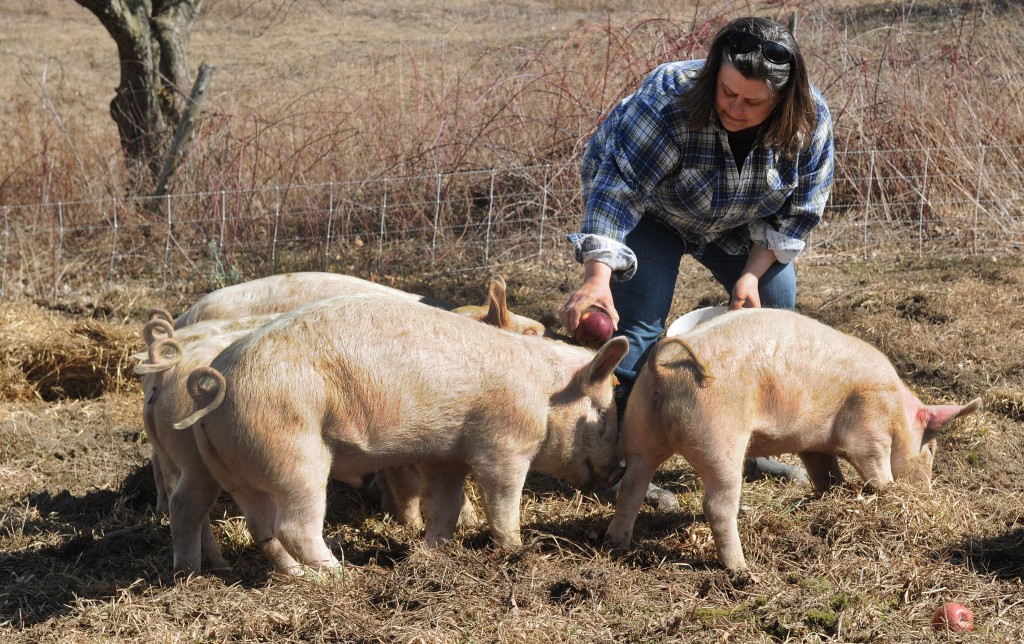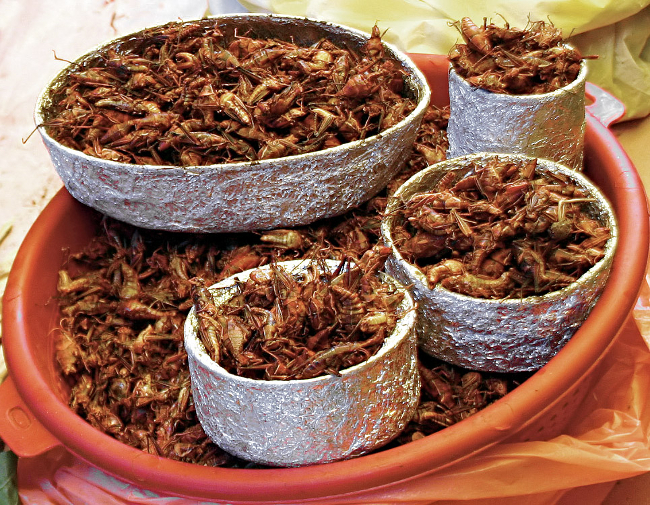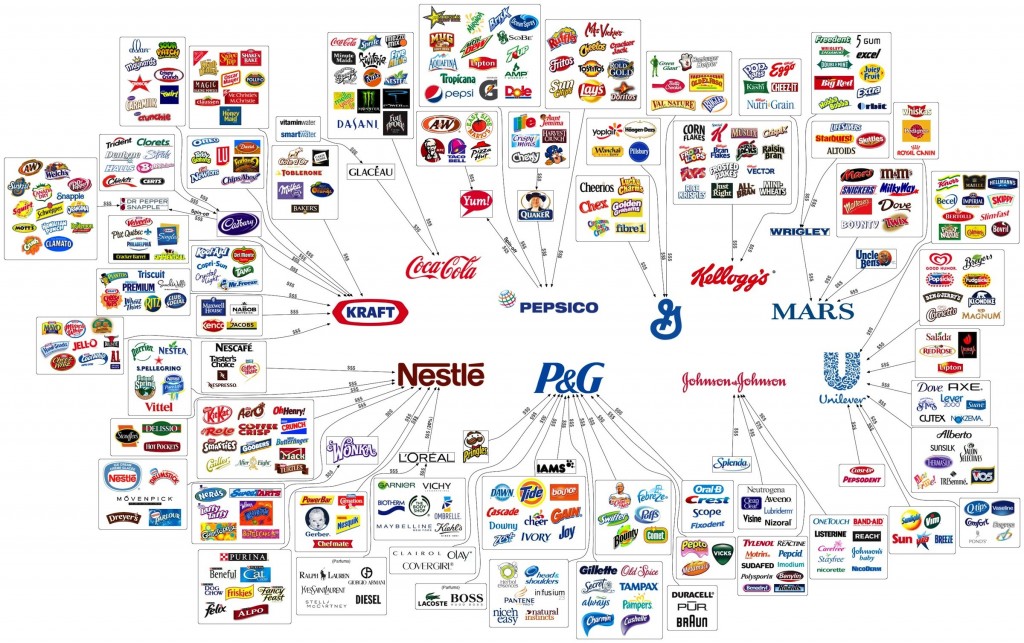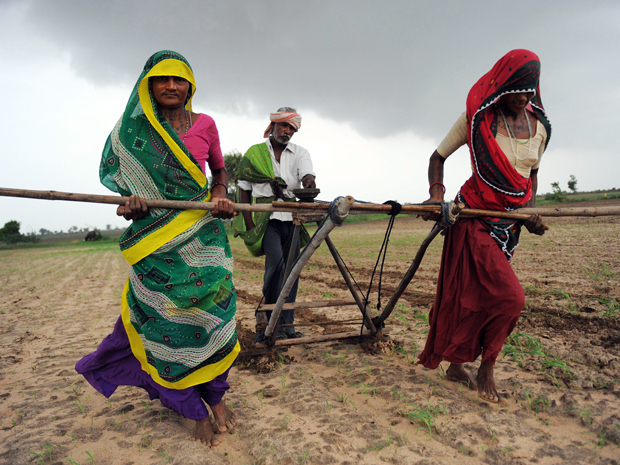Once a recipient of food donations from around the world, Bangladesh has now become a model for reducing food hunger. By supporting small farms and…

Food and Agriculture Organization
In October of last year, World Food Day celebrated ‘Family Farming: Feeding the world, caring for the earth’. According to the UN Food and Agriculture…

The two great ecological challenges of our times are biodiversity erosion and climate change. And both are interconnected, in their causes and their solutions. Industrial…
Conflict in Yemen has triggered food insecurity in the poverty-stricken country. The Food and Agriculture Organisation said recently: Amidst escalating conflict at a crucial time…

In 2050 there will be enough water to produce food for a global population of nine billion, but over-consumption and climate change will increase water…

New research published in Nature Communications provides insight into how large-scale deforestation could impact global food production by triggering changes in local climate. In the…
Imagine a wonderful world, a planet on which there was no threat of climate breakdown, no loss of freshwater, no antibiotic resistance, no obesity crisis,…

Maybe you’ve see little cans of chocolate-covered ants or grasshoppers in the exotic food section of your grocery and thought to yourself, “Yuck—who eats that?”…

The soil is a vast living organism, stretching across continents with an interconnected ‘mind’ – a consciousness that spans countless numbers of tiny living beings.…

Nearly a quarter of damages wrought by natural disasters on the developing world are borne by the agricultural sector, finds a new Food and Agriculture…

Sympathy with organic food production is at an all-time high. Perhaps ‘It’s a nice idea, when you can afford it’ sums up the approach of…

"I give you a message from my heart," she says, "let's move forward and work together for the benefit of everyone. And especially for those…
